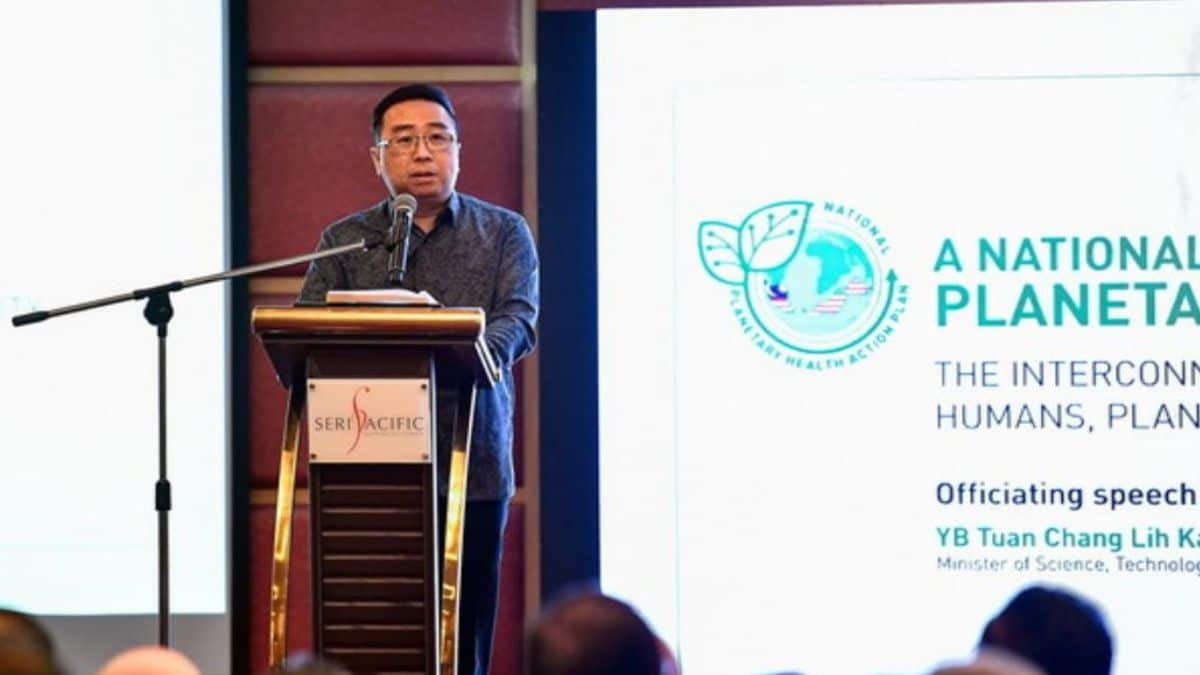The National Institutes of Biotechnology Malaysia (NIBM) and the Chinese biopharmaceutical giant CanSino Biologics Inc. have signed a critical memorandum of understanding (MOA), marking a significant step forward for Malaysia’s vaccine research capabilities. By strengthening Malaysia’s research environment, this strategic alliance seeks to further the nation’s objective of manufacturing indigenous vaccines by 2030.
When announcing the partnership, Science, Technology, and Innovation Minister Chang Lih Kang stressed how important this Memorandum of Agreement is for the state of vaccine research in Malaysia. The agreement establishes the framework for an extensive two-year program with an emphasis on technology transfer, expert collaboration, and talent exchange. Chang emphasized that the project will strengthen ties between China and Malaysia and promote closer collaboration between NIBM and CanSino Biologics.
“This memorandum of agreement is expected to enhance our bilateral relationship and drive significant progress in human vaccine development,” Chang stated. The collaboration will center around several key areas: joint research into human vaccine platforms, the exchange of researchers, the transfer of advanced technology, and the development of biomanufacturing processes up to the laboratory testing stage.
This program is perfectly in line with Malaysia’s National Vaccine Development Roadmap (PPVN), which aims to have the nation produce its vaccines by 2030. The Malaysia Genome and Vaccine Institute (MGVI), a division of NIBM, is spearheading efforts to meet this challenging goal. The MGVI is dedicated to advancing the PPVN’s success and strengthening Malaysia’s vaccine production infrastructure, working in tandem with the Malaysian Vaccine Project Office (MVPO) and other research and educational organizations.
The 2009-founded CanSino Biologics Inc. offers a plethora of experience to this collaboration. The business has a proven track record of creating vaccinations against a variety of infectious illnesses, including meningococcal illness, Ebola, and Covid-19. Malaysia stands to benefit greatly from this knowledge, as it intends to utilize CanSino’s cutting-edge messenger ribonucleic acid technology in its vaccine research.
The Science, Technology, and Innovation Ministry (Mosti) underscores the importance of this collaboration, noting that CanSino Biologics’ cutting-edge technology and experience will significantly benefit Malaysia’s research efforts. The joint research with MGVI-NIBM will focus on developing new vaccine candidates, which could play a crucial role in the country’s future public health strategies.
Chen Youliang, the Ele Minister-Counselor of the Chinese Embassy in Malaysia, also expressed support for the agreement, emphasizing the importance of international collaboration in advancing global health initiatives.

